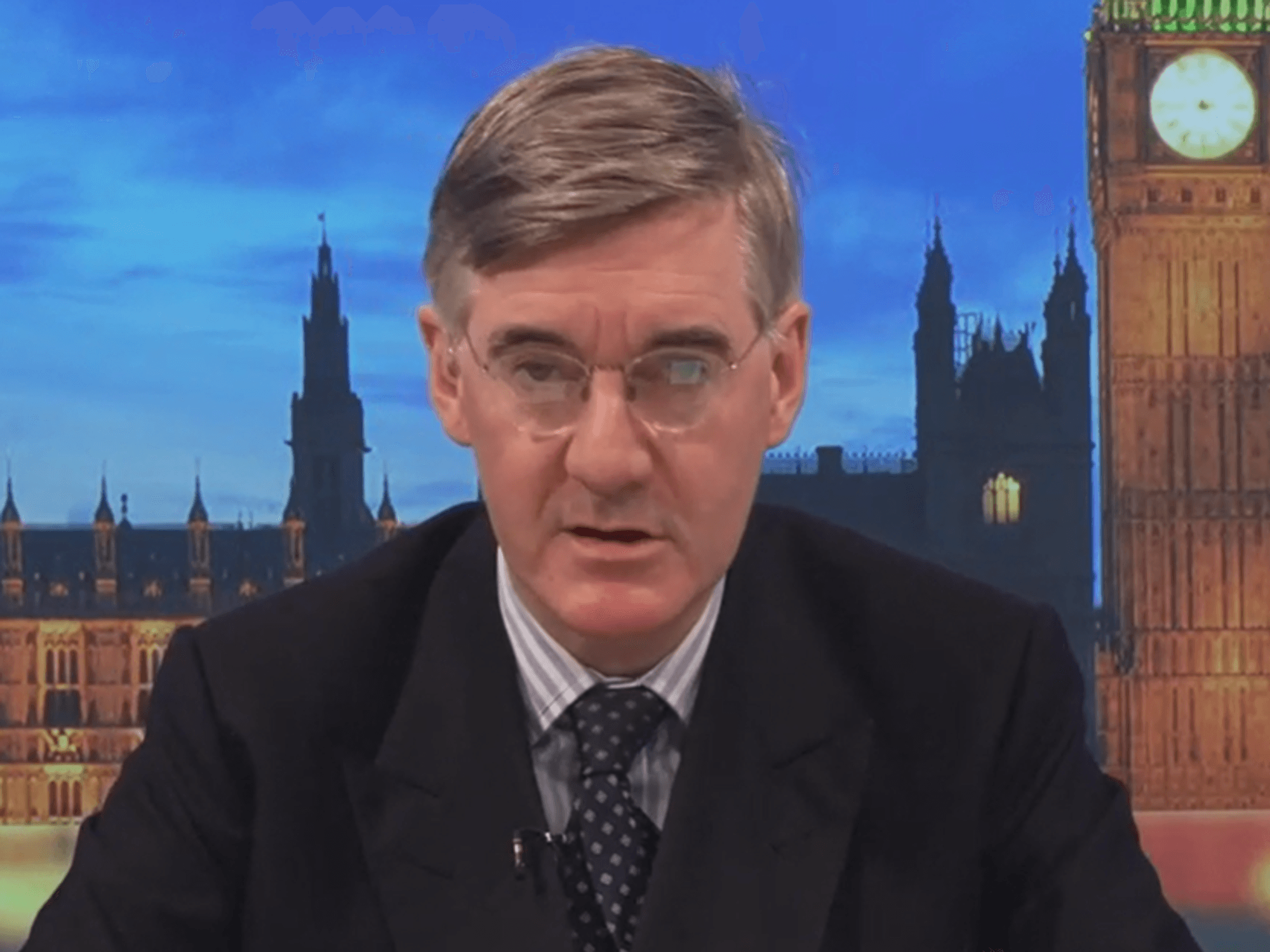State pension future in doubt as triple lock to 'cost unwelcome £100million' next year

Revised wage figures could result in the state pension costing the Government more in 2024
|GETTY

Revised wage figures could result in the state pension costing the Government more in 2024
Don't Miss
Most Read
Latest
The future of the state pension in its current iteration has been called into further doubt as the Government faces an "unexpected" £100million increase in next year's retirement benefit bill, according to a former pensions minister.
Sir Steve Webb, a partner at LCP, has highlighted that revised wage growth figures released by the Office for National Statistics (ONS) today could push taxpayer spending up significantly.
Under the triple lock, state pensions are guaranteed to increase annually based on the highest of earnings growth, inflation, or 2.5 per cent; whichever is higher. With subdued inflation, wages are set to determine the upcoming rise.
Today's ONS figures adjusted its total pay growth figure for the three months to July 2024 from four per cent to 4.1 per cent.
According to Webb, this 0.1 percentage point increase could add around £100 million to the pension costs in a blow to the new Labour Government.
This presenting an unwelcome expense for Chancellor Rachel Reeves as she prepares the Autumn Budget on October 30.
Do you have a money story you’d like to share? Get in touch by emailing money@gbnews.uk.
 Pensioners have been hit hard by the cost of living crisis | gbnews
Pensioners have been hit hard by the cost of living crisis | gbnewsThe revised wage growth figure could see significant increases in state pension rates for 2025/26. The new state pension, for those reaching pension age after April 2016, may rise from £221.20 to £230.30 per week.
In comparison, the old basic state pension could rise from £169.50 to £176.45 weekly.
On the impact on pensioners, Webb said: "A slightly higher rate of increase is welcome for pensioners, though will be an unwelcome £100million extra cost for the Chancellor as she prepares her Budget."
He added that the new state pension rate will approach £12,000 annually, nearing the £12,570 tax-free personal allowance. This proximity may pressure the Chancellor to address tax allowances in coming years.
This potential pension boost comes amid plans to limit Winter Fuel Payments. Chancellor Rachel Reeves announced in July a proposal to means-test the allowance, reserving it for those on benefits like Pension Credit.
She cited a need to address a £22billion deficit in public finances. This change is expected to drastically reduce the number of recipients from 11.4 million to just 1.5 million, affecting approximately 10 million pensioners.
The Government is currently encouraging eligible individuals to claim Pension Credit. Recent Department for Work and Pensions (DWP) figures reveal that up to 760,000 families entitled to it did not claim it in 2023.
However, claims have shown signs of increasing following the July announcement. Despite the potential increase in state pension rates, Webb cautions that many pensioners may still face financial challenges.
He notes: "Even a slightly improved pension rise will however leave many pensioners out of pocket in real terms overall next April."
Webb explains that over half of next year's increase will merely keep pace with inflation.
When considering both inflation and the loss of Winter Fuel Payments, older pensioners who previously received the £300 in energy bills, may find themselves worse off overall, Webb claims.
LATEST DEVELOPMENTS:
 There is a risk the cost of the triple lock could mean the government has to significantly increase the state pension age | PEXELS
There is a risk the cost of the triple lock could mean the government has to significantly increase the state pension age | PEXELSThe loss of Winter Fuel Payments for millions of pensioners could offset any gains from the state pension rise.
Additionally, not all pensioners receive the full state pension amount.
Recent analysis by Royal London revealed that only about half of those receiving the new state pension last year were getting the full weekly amount, with around 150,000 on less than £100 per week.
Furthermore, a recent report by the London School of Economics described Britain's ageing population as "one of the greatest economic challenges of our time" due to the cost of pensions expenditure on the taxpayer.










